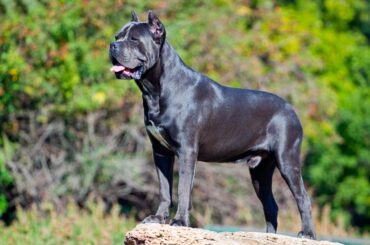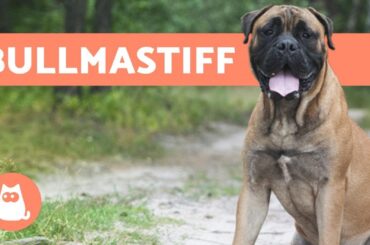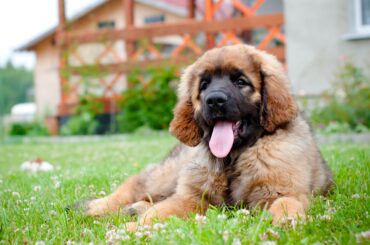Constipation in dogs occurs when a dog is unable to generate normal feces on a regular basis, which is usually once or twice per day for a dog. Constipated dogs will not defecate at all, will strain to defecate, and will create rock-hard stools. A constipated dog will appear to be passing feces, with liquid or mucus coming from the anus and redness or swelling around the anus.
This can occur for a variety of reasons and is typically readily remedied, although some dogs may develop persistent constipation. Obstipation occurs when the stool gets drier, firmer, and compacted, and the dog is unable to defecate. Your dog will adopt a position to pass urine if they are straining to pass pee.

Constipation in dogs can affect any dog, but it is more prevalent in senior dogs. This is frequently caused by a lack of electrolytes or a kidney issue. Constipation in dogs can also be caused by an enlarged prostate in elderly male canines. Blockages and constipation are more likely in dogs who groom too often, have poor feeding habits, or eat non-food items. A diet lacking in fiber, not getting sufficient water, or not getting regular exercise can also cause constipation.
Table of Contents
Causes of constipation in dogs
Water and electrolytes are absorbed from the mass as it travels through the digestive tract to the colon. Peristaltic waves move feces in the colon. If this process is slowed or impaired, the fecal mass will stall in the colon and lose moisture, becoming hard, dry, and eventually impossible to pass.
- Swallowing difficult-to-digest objects
- A lack of fiber
- Insufficient exercise
- Intestinal issues
- Age
- Tumors that narrow the pelvic region
- Prostate enlargement
- Dehydration or electrolyte imbalances
- Drugs
- Metabolic disease
- Enlarged prostate
- Kidney disease
- Hernias
- Blocked anal glands
- Surgery
Symptoms of constipation in dogs
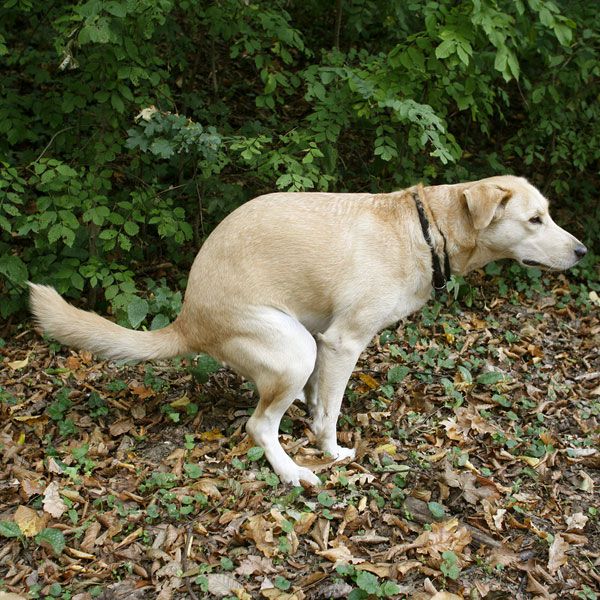
Constipation in dogs can cause the following symptoms:
- Lack of feces for several days
- Hard, pebble-like stool
- Straining without generating much stool
- Irritation
- Painful defecation
- Hard defecation
- Mucus with stool
- Bloody stool
Diagnosis of constipation in dogs
Constipation in dogs is usually diagnosed by looking at your dog’s abdomen and performing a rectal examination. Your veterinarian may also inquire about your dog’s eating habits. Your veterinarian will want to know how long your dog has been constipated in order to figure out what’s causing it.
Other potentially relevant factors that your veterinarian may explore include recent surgery, past pelvic injuries, and maybe radiation therapy. To rule out any underlying causes of dog constipation, X-rays, abdominal ultrasound, or blood tests may be required.
Treatment for constipation in dogs
Mild constipation is usually treated by removing odd or indigestible things from your dog’s diet and providing access to water and a high-fiber diet. Long-term usage of suppository laxatives is not suggested unless absolutely required. The majority of instances will clear up with simple therapies like increasing liquid intake and dietary fiber, as well as obtaining more activity.
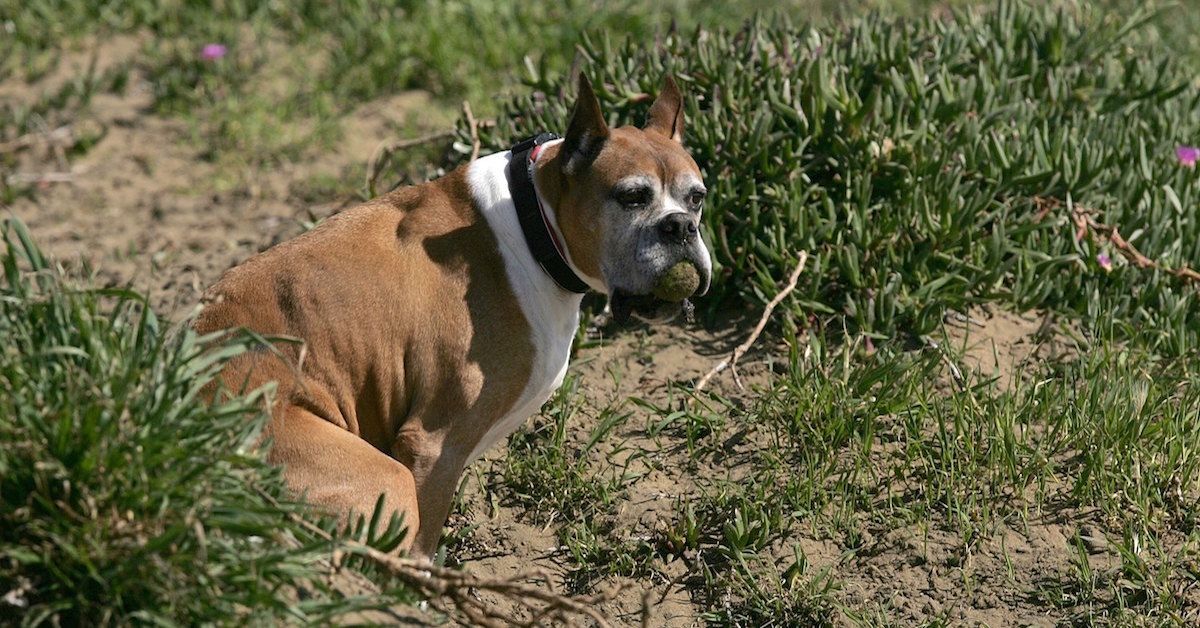
Laxative suppositories and enemas can be beneficial, but they should only be administered under the supervision of a veterinarian, especially if they are required for an extended period of time. In more severe situations, medical intervention may be required, such as manual removal of impacted stools and the administration of a medication to restore normal colon function or prevent the synthesis of particular enzymes.
Home remedies for constipation in dogs
Most cases of occasional constipation can be effectively managed at home with simple lifestyle changes. The following are some common dog constipation treatments:
- Canned pumpkin
- Bran cereal
- Extra water
- Enemas
- Hydration
- Food and herbs
- Metamucil, Siblin, or a similar substance to improve moisture
- Canned dog food
- Exercise
- Stool softener
Complication
Constipation in your dog can progress to obstipation if left untreated. Your dog may get bloated and tired, lose its appetite, struggle while defecating, and vomit if the colon becomes excessively large. These can progress to more serious issues, requiring medical intervention such as surgery or de-obstipation (manual stool removal).
Prevention
Constipation can be avoided by feeding dogs a high-fiber diet, providing access to water, and allowing them to defecate frequently. Giving your dog bones is not a good idea. Neutering your dog at a young age also helps to avoid prostate development, which can cause constipation.
RECOMMENDED ARTICLES
- Colitis in Dogs- Causes, Symptoms, And Treatment
- Dogue de Bordeaux Dog – 5 Exclusive Physical Characteristics, Behaviour And Health
- Irregular HeartBeat In Dog – 13 Full Complete Causes, Symptoms And Treatment Plan
- Ataxia In Dogs- Causes, 12 Symptoms And Treatment


